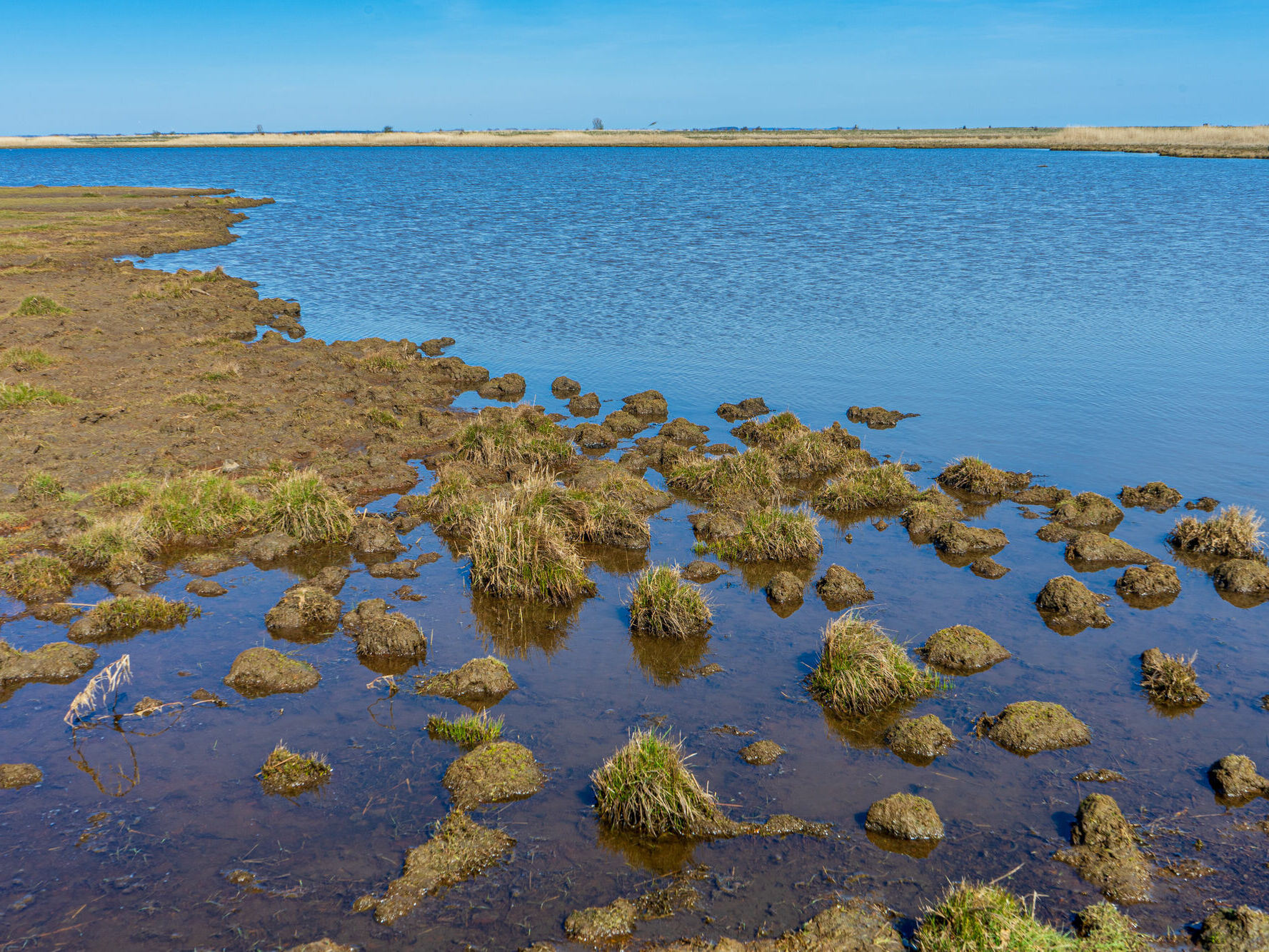The side event from 1.15 to 2.45 p.m. (GMT+2) will be broadcast live here.
Peatland ecosystems are relatively rare, covering around 3-4% of the planet’s land surface, and often undervalued. They contain up to one third of the world’s soil carbon - twice the amount of carbon found in the all of the globe's forest biomass. Their estimated carbon store is in a range of 450,000 to 650,000 megatons. When drained, this carbon is released into the atmosphere as CO2. Keeping this carbon locked away is thus absolutely crucial to achieving global climate goals.
Thus, the Global Peatland Assessment (GPA) e.g. recommends:
* Prevent and phase out harmful operations like drainage. It is causing around 4 % of total global anthropogenic emissions. If greenhouse gas emissions from drained and degraded peatlands continue at this rate, it will consume 12% of the emissions budget that remains to keep global warming below +2 °C and 41% of the emissions budget that remains to keep global warming below +1.5.
* Create financial and fiscal incentives to strengthen and scale-up conservation, restoration and sustainable management of peatlands in public and private sector funding.
* Establish fair and gender-neutral governance systems and empower stewardship on peatlands by Indigenous People and Local Communities
“The Global Peatlands Assessment has been made possible through the collaborative process between 226 peatlands experts from 54 countries contributing voluntarily. It presents the diversity and uniqueness of global peatlands as a key Nature-based Solution for climate and nature action.” says Dr. Alexandra Barthelmes, coordinator of the Global Peatland Database at the Greifswald Mire Centre.
At the side event, the GPA’s input information, spatial data generation, collation approaches, and the current gaps in coverage and resolution will be presented in detail.
In a global context of the UNEA-4 Resolution on the “Conservation and Sustainable Management of Peatlands” the assessment might be a step towards a future Global Peatlands Inventory.
The side event is organised by the Succow Foundation /Greifswald Mire Centre in cooperation with the United Nations Environmental Programme (UNEP), Global Peatlands Initiative (GPI) and UNEP-WCMC together with the Convention on Wetlands.
Among the speakers are the GMC’s Director Dr Franziska Tanneberger, also Coordinating Lead Author of the European chapter, and Dr Samer Elshehawi (GMC), Coordinating Lead Author of the African chapter.
Further Information
Greifswald Mire Centre
Contact, currently at the COP27 in Sharm el-Sheikh
Dr. Franziska Tanneberger
Director of the Greifswald Mire Centre
Tel.: +49 3834 83542 18
franziska.tannebergergreifswaldmoorde

